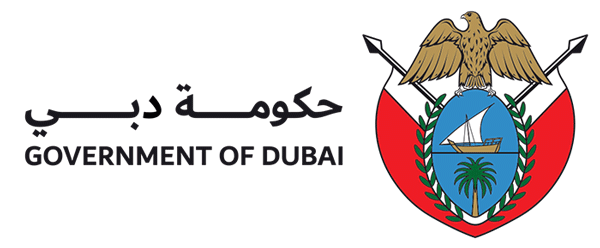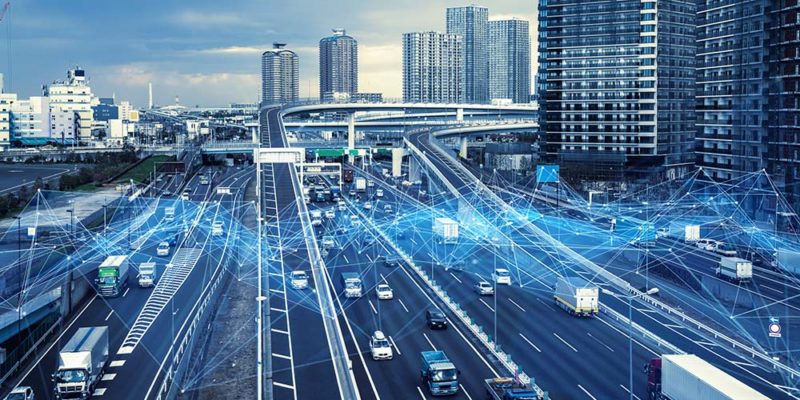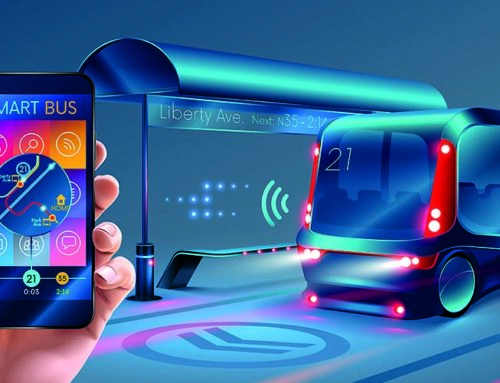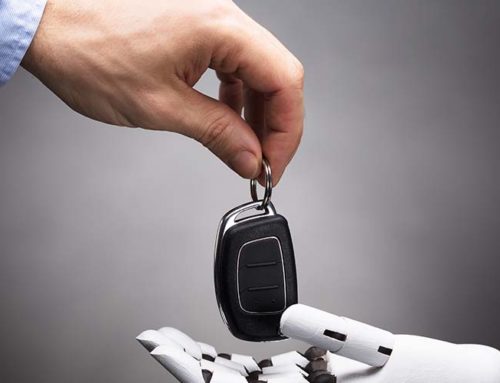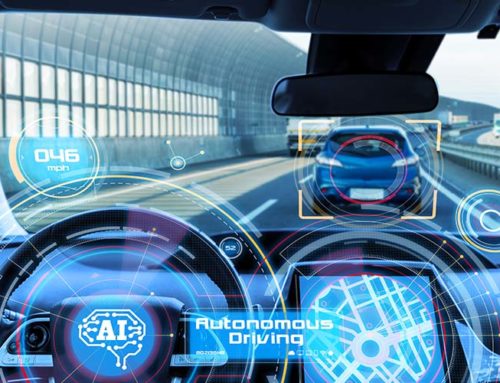Imagine state-of-the-art technology and innovation being used to create a city where its residents are the happiest in the world. Government decision and strategy are focused on improving all citizens’ quality of life, with both short- and long-term happiness in mind.
This isn’t science fiction. This is Dubai.
Dubai is already working on its smart city vision, transforming the city into a global tech hub that will revolutionize how the city’s people live, work and play. As such, it is pursuing ambitious information and communications technology (ICT) and artificial intelligence (AI) projects that will streamline government services, provide free high-speed Wi-Fi across the city, and renew the city’s economy.
In addition, the city’s transportation network is also being overhauled using smart technology. The aim is to possess the most efficient transport system in the world, and autonomous vehicle technology is to be a huge part of this.
The Smart City’s Vision for Transport
The smart city vision will have revolutionizing transportation at its core. Smart mobility has significant benefits for the wider economy. Not only does the city expect to cut 44% of transportation costs, but it also expects that individual productivity will be boosted by 13%. Overall, it expects to generate AED18bn [$4.9bn] in annual economic returns by improving the efficiency of the city’s transportation.
By cutting journey times and easing congestion, there are also significant benefits to the quality of life for Dubai’s residents, too.
Here is where the city is focusing its efforts to improve its transportation network:
1. Driverless Transport
Back in 2016, Dubai’s ruler Sheikh Mohammed bin Rashid, the vice president and the prime minister of the UAE, made the bold announcement that a quarter of all journeys would be driverless by 2030.
Autonomous vehicle technology will bring safer vehicles and a reduction in traffic congestion. According to the Dubai Future Academy, “… they don’t rubberneck. They don’t get into accidents. They don’t stop to chat with a friend. They just go where they are supposed to go.”
Dubai’s metro is already driverless, but increasing the range of driverless journeys within the city will mean adopting the technology in other areas. Expect to see driverless boats, taxis, shuttle buses, and a fully driverless tram system.
2. Seamless First- & Last-Mile Connections
In 2018, a world challenge for self-driving transport was launched by the city, in part to improve first- and last-mile connections, or in other words, how the beginnings and ends of journeys can be streamlined. The aim is to provide solutions for public transportation within communities, venue parking shuttles, and movement within transportation hubs or other large destinations.
Later this year, $5M will be awarded to a range of companies, start-ups and universities who can demonstrate how their technology will improve these key elements by reducing journey and waiting times.
3. Improved Environmental Credentials
A sustainable transport network and a cleaner environment are integral to Dubai’s vision for its future. Increasing the proportion of hybrid and electric vehicles is central to the smart city vision and will bring lower emissions and cleaner air.
A Glimpse of the Future of Transportation in Dubai
Here are just two of the many exciting developments we can expect to witness in Dubai over the next few years:
-
Autonomous Taxi Pods
Two prototype autonomous pods that can carry up to 10 people each are already being tested by Dubai’s Road and Transport Authority (RTA). These driverless pods are designed to travel in designated lanes around the city. They are anticipated to travel on pre-set routes at first, before becoming available for home passenger pick-up at a later date.
These pods are modular and connectable, meaning that they can travel in multiples, connecting and disconnecting from each other when needed, even while in motion. Joined units can open up to create a larger shared space which allows passengers to transfer between pods.
By using the system app, passengers can be allocated space in the correct pod for their destination, and coupling and uncoupling while in motion means that multiple passengers can reach multiple destinations without making any additional first- or last-mile stops.
-
High-Speed Intercity Connections with Hyperloop One
In November 2016, Virgin Hyperloop One announced plans for a 1,200km/h service that would cut travel times between Dubai and Abu Dhabi from over an hour to a mere 12 minutes.
They expect their pod network to carry up to 10,000 passengers per hour, on-demand and direct to destination through an overground tube system linking the two cities. Traveling on and cushioned by a bed of air, the pods will offer a particularly comfortable passenger experience. The system will also utilize solar power by using panels along the tubes to generate power.
Despite enormous improvements to journey times and passenger comfort, it is still expected that passenger ticket prices will be affordable and thus accessible to everyday commuters.
Dubai’s Long-Term Vision
The smart city vision is part of a long-term strategy that will continue to develop the use of AI for the benefit of humankind. The intention is for Dubai to be a “globally unique model for future cities… turning into the world’s biggest laboratory for technology, research and development.”
The city’s transportation network will be at the forefront of this. Expect the city to produce many more exciting transportation innovations over the next few years.
Join the Dubai World Congress for Self-Driving Transport on October 15-16, 2019 to discover more about the future of mobility.
Congress
A global 2-day conference that will raise public awareness of modern and future transport by identifying the impact of technology on investments and transport strategies.
Exhibition
A cutting-edge exhibition showcasing the future of self-driving vehicles. The Dubai World Congress for Self-Driving Transport Exhibition is the essential place to attain key decision makers’ attention, and to meet your target audience.
Challenge
The first-of-its kind, multi-year international challenge designed for industry leaders, start-ups, and academia tackling the transport challenges faced by global cities.
